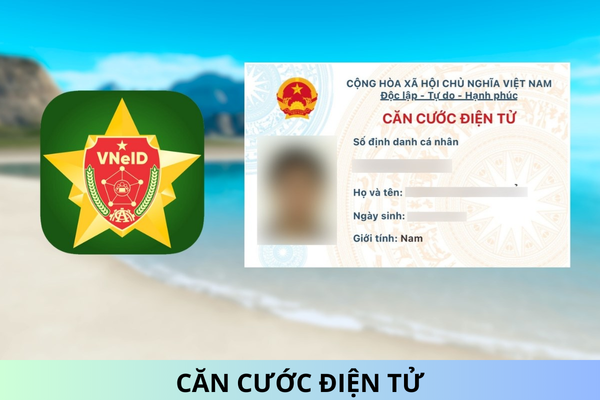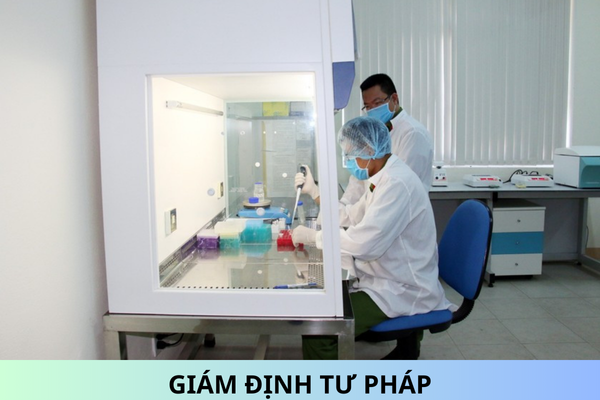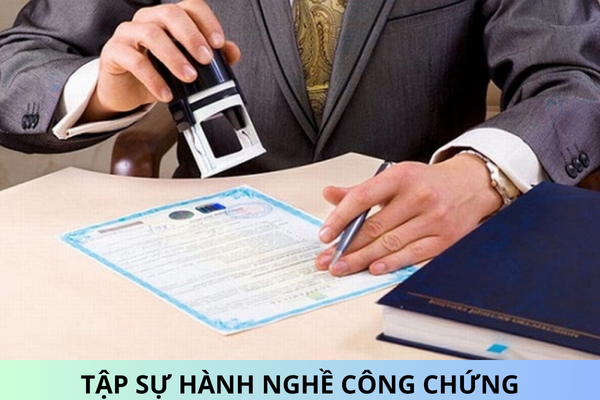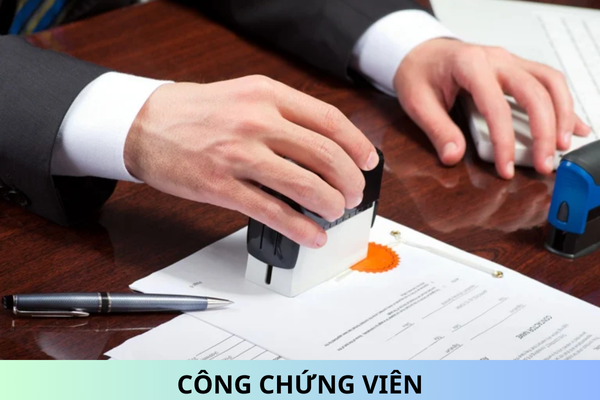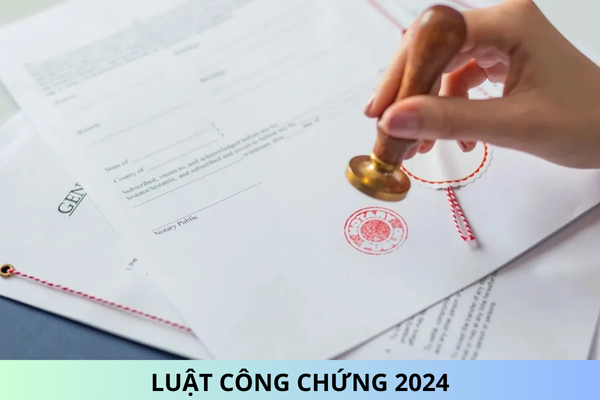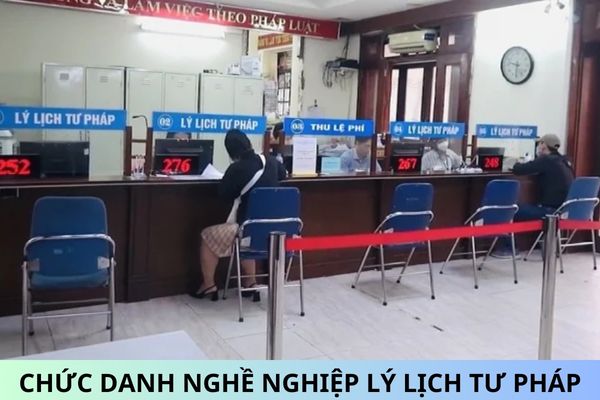What is the latest template for Notarization of translations in 2024 in Vietnam?
What is the latest template for Notarization of translations in 2024 in Vietnam? What are cases in which a notary may not receive and notarize translations in Vietnam? - Mr. Khoa (HCMC)
What is the latest template for Notarization of translations in 2024 in Vietnam?
Under the Appendix issued together with the Circular 01/2021/TT-BTP, the Form TP-CC-26 stipulates thetemplate for Notarization of translations.
You can view the details and download the template for the Notarization of translations here.
What is the latest template for Notarization of translations in 2024 in Vietnam? - image from internet
What are cases in which a notary may not receive and notarize translations in Vietnam?
Pursuant to Clause 4 Article 61 of the Law on Notarization in 2014 stipulating notarization of translations:
Notarization of translations
...
3. Testimonies of a notary on translations must clearly state the time and place of notarization, full name of the notary and name of the notarial practice organization; full name of the interpreter; certify that the signature in the translations is truly that of the interpreter; and certify that the translations are accurate and consistent with law and social ethics; such testimonies must bear the signature of the notary and seal of the notarial practice organization.
4. A notary may not receive and notarize translations in the following cases:
a/ He/she knows or must know that the originals are granted ultra vires or are invalid or counterfeit;
b/ Papers or documents requested for translation have been erased or modified, have additions or omissions, or are damaged or rumpled, making their contents unreadable;
c/ Papers or documents requested for translation are classified as state secrets; papers or documents are banned from dissemination under law.
5. The Minister of Justice shall stipulate in detail the model testimonies of notaries for translations.
As regulations above, a notary may not receive and notarize translations in the following cases:
- He/she knows or must know that the originals are granted ultra vires or are invalid or counterfeit;
- Papers or documents requested for translation have been erased or modified, have additions or omissions, or are damaged or rumpled, making their contents unreadable;
- Papers or documents requested for translation are classified as state secrets; papers or documents are banned from dissemination under law.
Does the notary in Vietnam have to sign in the Notarization of translations?
Pursuant to Clause 2 Article 61 of the Law on Notarization in 2014 stipulating notarization of translations:
Notarization of translations
1. The translation of papers and documents from Vietnamese into a foreign language or vice versa for notarization shall be done by interpreters being collaborators of notarial practice organizations. These collaborators must be graduates of foreign language universities or other universities who are fluent in the foreign language used. These collaborators shall take responsibility before notarial practice organizations for the accuracy and consistency of their translations.
2. A notary shall receive originals of papers and documents to be translated, check them before handing to an interpreter being a collaborator of the notarial practice organization for translation. The interpreter shall sign every page of his/her translations before the notary writes the testimonies and signs every page of such translations.
Every page of translations shall be appended with the “Translation” mark in the right top blank space; translations shall be attached with copies of originals and have every two adjoining sheets appended with an overlapping seal on their inner edges.
3. Testimonies of a notary on translations must clearly state the time and place of notarization, full name of the notary and name of the notarial practice organization; full name of the interpreter; certify that the signature in the translations is truly that of the interpreter; and certify that the translations are accurate and consistent with law and social ethics; such testimonies must bear the signature of the notary and seal of the notarial practice organization.
4. A notary may not receive and notarize translations in the following cases:
a/ He/she knows or must know that the originals are granted ultra vires or are invalid or counterfeit;
b/ Papers or documents requested for translation have been erased or modified, have additions or omissions, or are damaged or rumpled, making their contents unreadable;
c/ Papers or documents requested for translation are classified as state secrets; papers or documents are banned from dissemination under law.
5. The Minister of Justice shall stipulate in detail the model testimonies of notaries for translations.
As regulations above, the interpreter shall sign every page of his/her translations before the notary writes the testimonies and signs every page of such translations.
Best regards!

